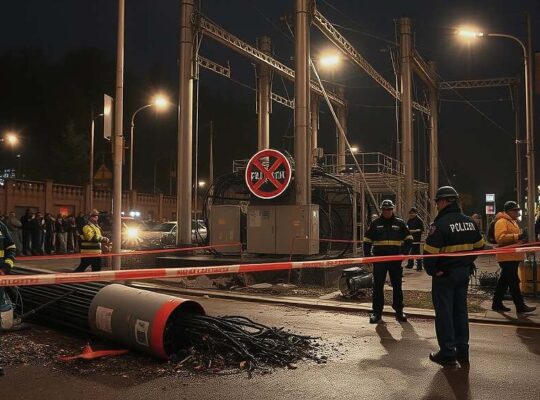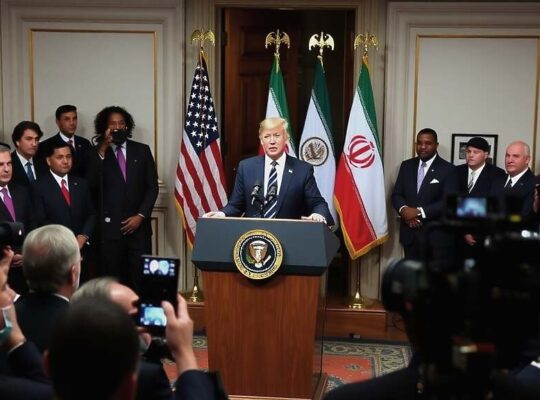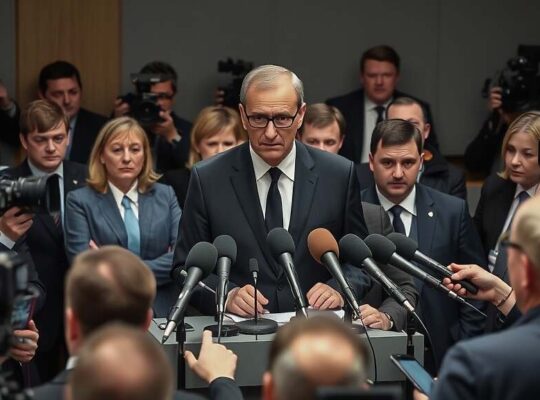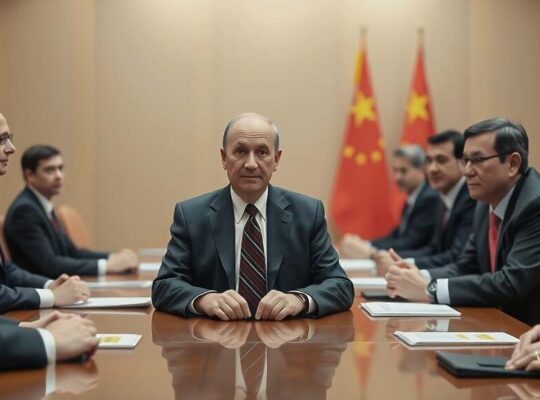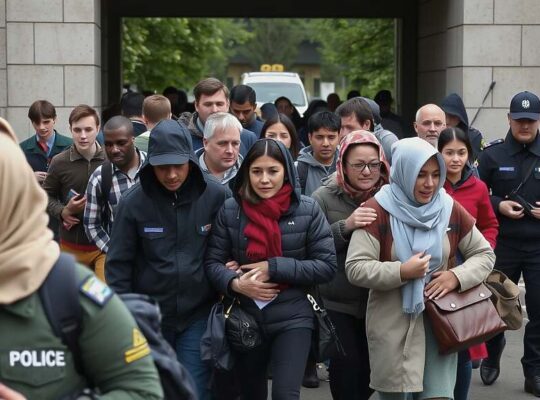Germany’s intelligence capabilities require a fundamental overhaul to effectively counter escalating Russian hybrid warfare tactics, according to prominent political scientist Herfried Münkler. In a stark assessment published in the “Tagesspiegel”, Münkler argues that the nation’s current legal framework governing intelligence services is rooted in a bygone era of idealistic international relations and is now actively hindering its ability to protect itself.
Münkler’s call for increased authority for the German intelligence agencies moves beyond reactive security measures, advocating for a capacity to undertake “counter-action”. He contends that openly discussing such proactive strategies would send a clear message to Russia that Germany is no longer passively accepting its destabilizing efforts. “Public discourse regarding these capabilities serves as a critical signal, demonstrating a willingness to take the initiative in limiting Russia’s hybrid warfare” Münkler stated. He warned that inaction would only embolden Moscow to continue its aggressive behavior.
The security expert’s critique directly challenges the stringent rules currently imposed on German intelligence, which he characterizes as products of a “politically past world”. He suggests that the impulse to meticulously regulate these services through liberal ideals amounts to “liberal idealism” itself, a misguided approach in the face of a rapidly shifting global landscape.
“The age of Kantian legal pacifism is over” Münkler declared, insisting that a new era of geopolitical power struggles has dawned. To navigate this increasingly dangerous environment, he asserts, German intelligence agencies must be empowered to operate with greater latitude and strategic flexibility. This repositioning is not a departure from democratic principles, he implies, but a pragmatic necessity for safeguarding national security in a world where the rules-based international order has proven to be an illusion. The question now facing policymakers is whether Germany will embrace this necessary recalibration or remain constrained by an outdated regulatory structure that leaves it vulnerable to Russian aggression.



